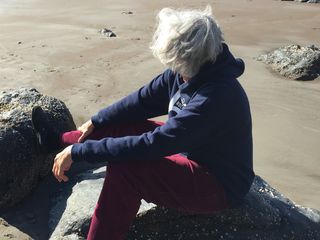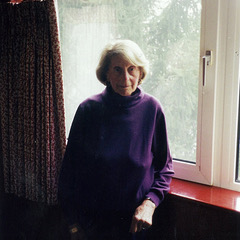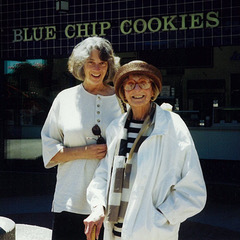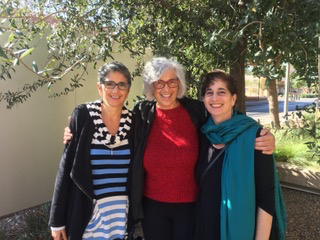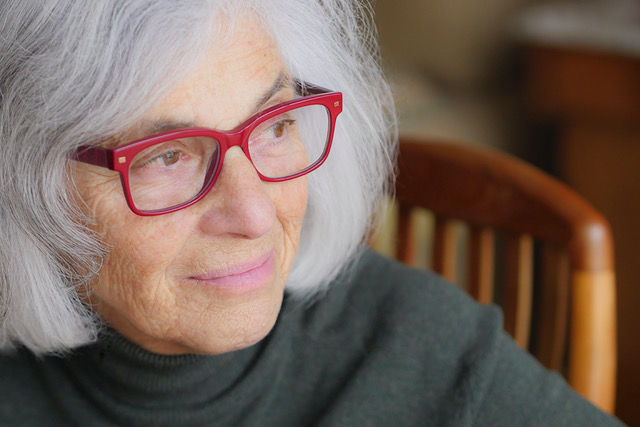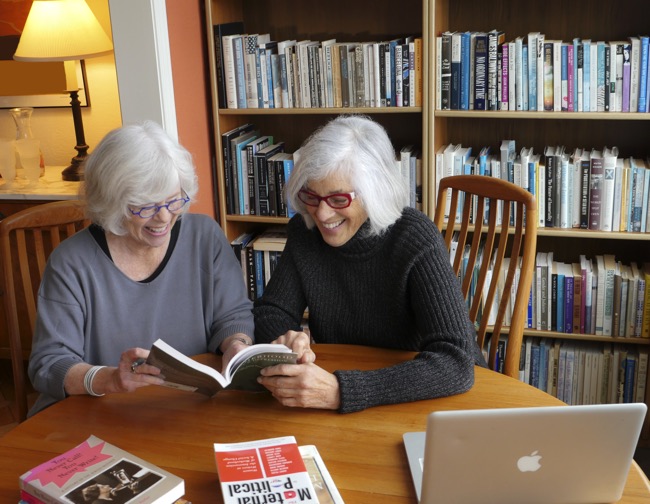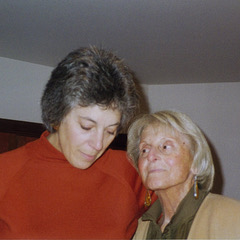Long before Hallmark card and bouquets of flowers, Mothers’ Day was a day of anti-war activism, begun after the Civil War by women who had lost their sons. In l870, Julia Ward Howe, American writer, lecturer, and reformer, wrote the words of “The Battle Hymn of the Republic,” and introduced the idea of an anti-war Mothers’ Day message, an important reminder of the profound loss and pain war creates for all mothers.
There are many wars plaguing America in 2018. Many battles to be waged. In l967, the combination of the founding of Another Mother for Peace in 1967 by a group of women strongly opposed to the war in Vietnam, and the early stirrings of second wave feminism created the landscape upon which I have lived my life. I am grateful to have been swept forward by women who were conceptualizing their role to fight against injustice and oppression of all kinds through the language of motherhood. I was a 29 year old mother and began to understand that there was a political identity in that role. I was resisting injustice, not only because I was a mother, but also resisting the injustices of my life as a mother.
The responses to It Never Ends: Mothering Middle-Aged Daughters have affirmed the importance of shining a light onto the unexamined and unacknowledged dimensions of women’s lives. I have heard from women who had all the responsibility and very little of the power to guide their daughter’s lives as they wanted to.
Nearly 50% of marriages in the l960s and 1970s ended in divorce, and mothers report having scrambled to make a living, care for their children and participate in the cultural upheaval that was changing nearly every part of contemporary life. There was no safety net for them or their children, and no recognition of what were then called, “divorced women with latchkey kids” had to face.
I receive emails from those women who are now aging and experience themselves as doubly invisible. Seen as “over the hill,” their voices less valuable, their lifetime of experience unsolicited in all the conversations that consume the United States in this political moment. In addition to being allies to the urgent concerns of younger people, older women have our own issues that need to be brought forward and engaged.
I don’t want flowers. I don’t want balloons. I don’t want a sentimental Hallmark card. On this Mothers’ Day, I want women who are mothers to have the fullness of their political, cultural, psychological, physical and spiritual lives taken seriously, to be honored for the very presence they have in our bruised world, and for the steady hand they continue to use to guide the next generation forward.
Happy Mothers’ Day, everyone!
